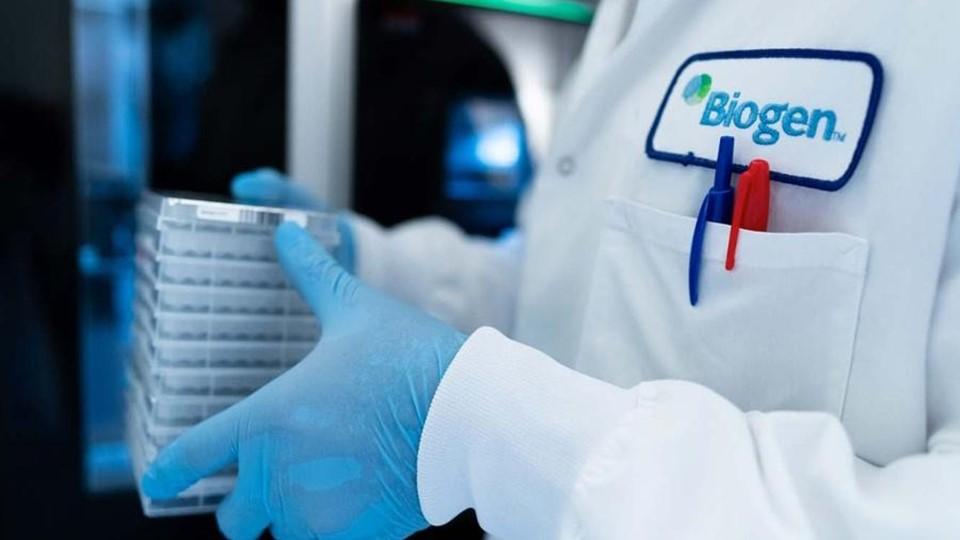Sage/Biogen's zuranolone works in depression, but maybe not enough

Sage Therapeutics and Biogen's antidepressant candidate zuranolone has hit its objectives in a phase 3 trial, but a falloff in efficacy over time has raised concerns about the commercial potential of the drug.
The WATERFALL trial of zuranolone showed that a two-week course of the oral GABAA receptor modulator significantly reduced symptoms of depression compared to placebo, with a rapid onset of action that started to be seen within three days.
The difficulty for Sage and Biogen lies in data from the study suggesting that the three-point difference on the 17-item Hamilton Rating Scale for Depression (HAMD-17) scale that was observed on day three and narrowed to a 1.7-point difference by day 15, the primary endpoint.
That was still a statistically significant difference, albeit a smaller improvement than looked for by some analysts, but led to questions about the durability of the treatment effect. Investors were spooked by the trend and shares in Sage fell sharply after the results were announced.
Their worries were exacerbated by secondary outcome data which showed no difference between zuranolone and placebo at day 15 on the Clinical Global Impression-Severity of Illness (CGI-S) scale, as well as a 60% rate of reported side effects with the drug compared to 45% of the placebo arm.
Reported adverse reactions tended to be mild, including somnolence, dizziness sedation, but the rate of somnolence in particular (15% versus 3% for placebo) still led to questions about the potential uptake of the drug if approved.
Sage and Biogen have said they will now discuss the next steps towards approval with the FDA, but will likely wait for the outcome of another study called CORAL – looking at zuranolone as an add-on to current antidepressant therapy – before filing. That data isn’t expected until later this year.
Biogen has a lot riding on zuranolone, having stumped up $1.525 billion upfront for rights to the drug and another Sage candidate for neurological diseases last November, when the expectation was that it was likely to fail to secure approval for its Alzheimer's drug Aduhelm (aducanumab), controversially given a green light in the US last week.
In zuranolone's favour is that it works quickly, whereas widely-used monoamine-based drugs for depression can take weeks for their mood-elevating effects to kick in. In the meantime, people severely affected by depression may be at risk of self-harm or even suicide.
The WATERFALL data comes after an earlier phase 3 trial (MOUNTAIN) missed the mark at the 15-day timepoint, although that used a lower dose of 30mg rather than 50mg/day.
Photo by Dmitry Schemelev on Unsplash













